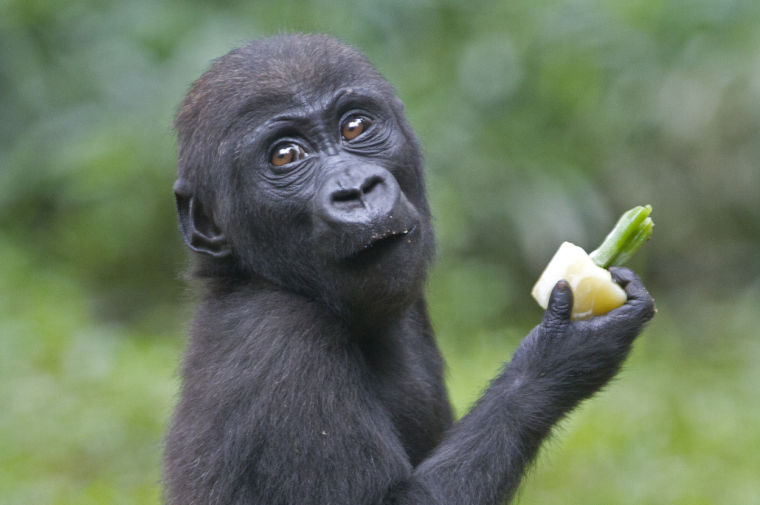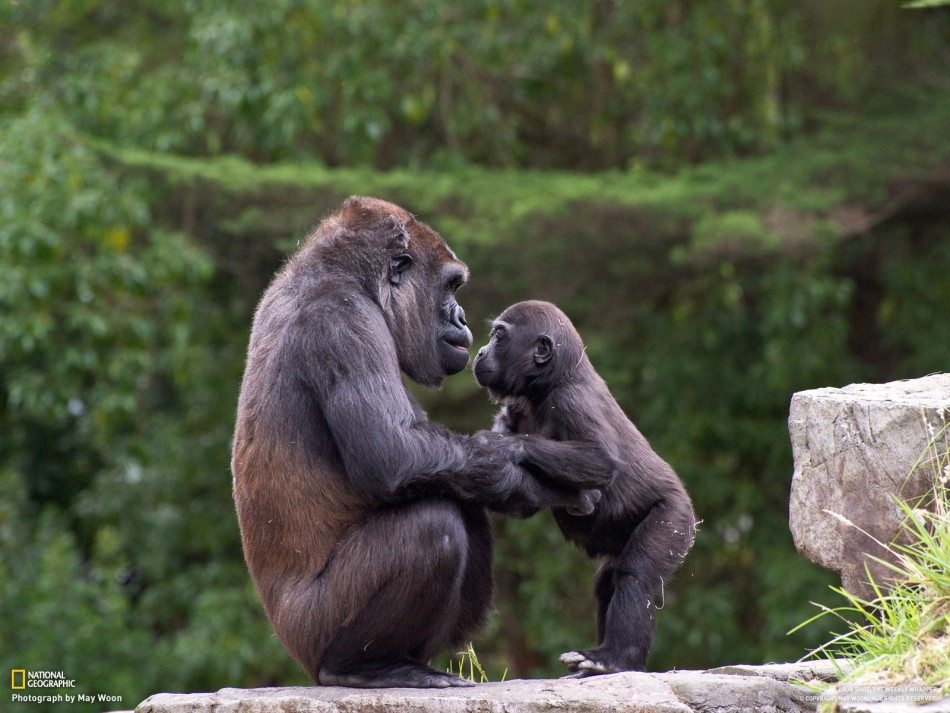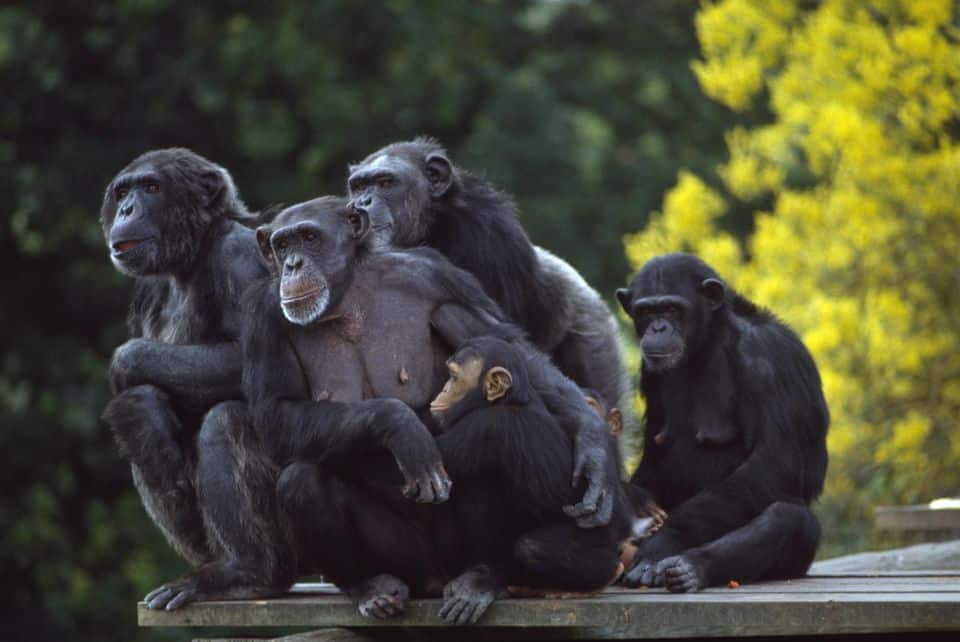Gorillas Develop Food-Cleaning Behaviour Without Social Cues
Personally, I am six kinds of neurotic, well-organized, and for the most part, on top of things. I sincerely believe that the longer you leave stuff on the floor, the more likely it is to catch fire and burn down the house. And there are plenty of specimens out there whom I just don’t get, they’re so…filthy.
But Gorillas apparently, have better habits than most people when it comes to cleanliness. A new study has found that gorillas spontaneously clean their food before eating it, without having to witness someone else doing it first.
Though the authors acknowledge that general purpose social learning between individuals can help to increase the behaviour in frequency, their study of captive gorillas – which haven’t crossed paths with those who are already known to show the behaviour – shows that food cleaning can be re-innovated spontaneously.
“In four of our five gorillas, at least one of the techniques for cleaning was similar to that observed in the wild,” Damien Neadle, a researcher at the University of Birmingham, said. “Given that these two groups are culturally unconnected, it suggests that social learning is not required for this behavior to emerge.”

The researchers focused their investigation on a captive population of western lowland gorilla at the Wolfgang Kohler Primate Research Centre in Leipzig Zoo, Germany. The team provided the gorillas with both clean and dirty apples.
Over 75 percent of the time, the gorillas cleaned the dirty apples which were coated with sand.
“This fact does not discount the importance of social learning, but simply emphasises the role of individual learning in the emergence of food cleaning behavior in western lowland gorillas,” explained Neadle. “Here, we argue that individual learning is responsible for the form of the behavior, whilst social learning possibly contributes to its frequency.”
“Rather than being a binary consideration of either cultural learning or not, behaviors like food cleaning, which can be propagated by shared learning but are also capable of being learnt spontaneously by individuals, could be deemed to be ‘soft culture’,” said Neadle.
Now we don’t have many things to learn from gorillas, but cleaning your food should be one of them. It is interesting, because we cannot repeat the same experiment with humans. Would a person eat a dirty apple or would he clean it without learning to do so from others?































